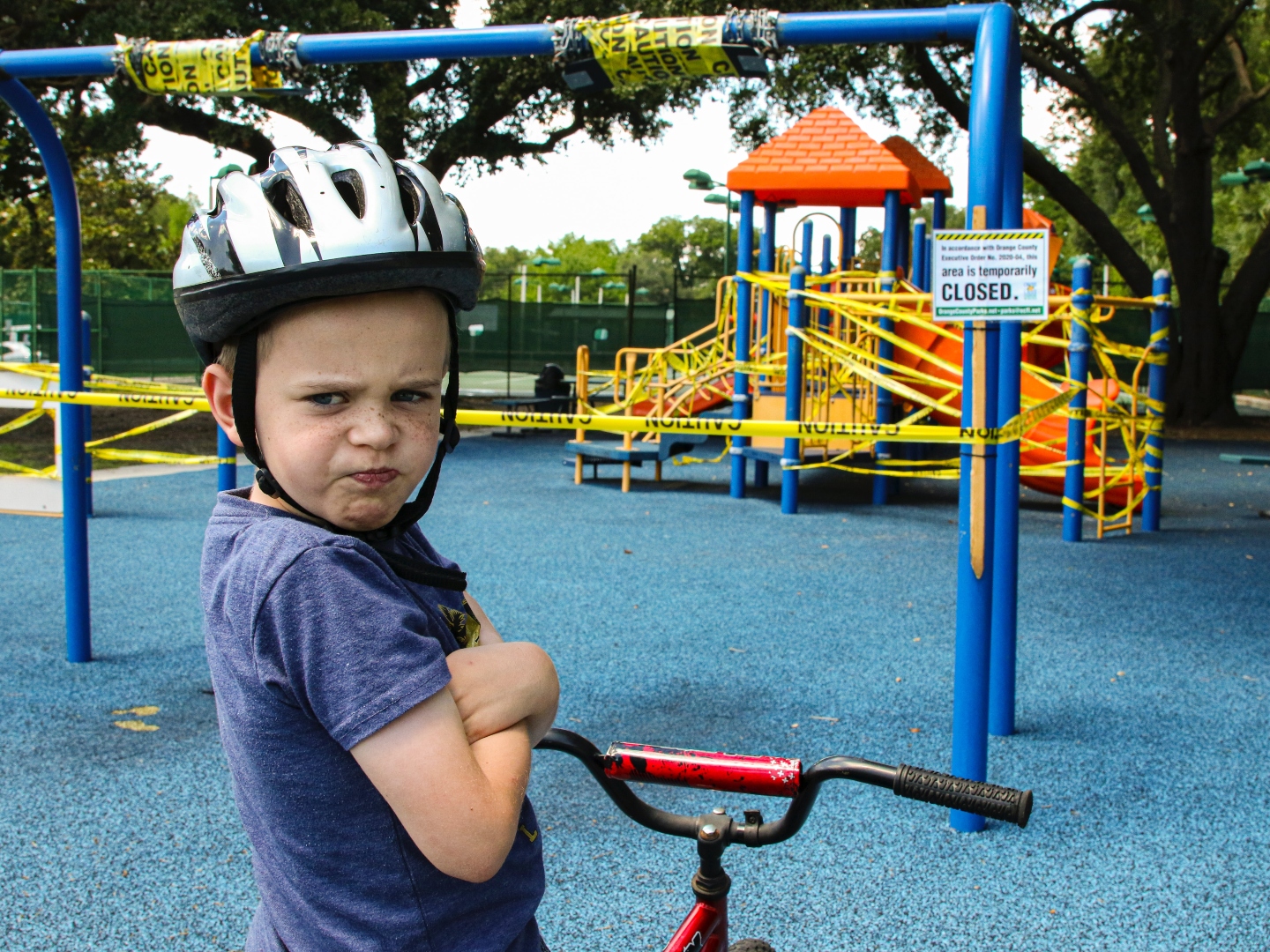
“Walk it off!” That’s what my coach would say as a remedy for nearly everything. For instance, when I’d get beaned by a bad pitch, or had my shoulder dislocated, or sprained my ankle — walk it off was the solution. Occasionally, when he would witness an argument between players, he repeated the advice. Walk it off! Turns out, that’s not bad advice. In fact, distancing yourself from a situation, especially a difficult sales situation, gives you the opportunity to mentally review what happened and time to settle down. Importantly, when someone upsets you, it’s necessary to take time to sort it all out. This is especially true in professional environments because so much is at stake.
When someone upsets you, emotions erupt
The human brain and nervous system can sometimes override our conscious efforts of control. In times of fright, stress or anger, our limbic system (often called the “lizard brain”) takes over. Understandably, when this primitive part of our brain that is determined to survive dominates, the symptoms are fight or flight. Consequently, the effect is all action and very little thought.
Luckily, the impulses of the rude lizard brain can be overruled by the “monkey brain,” or New Brain as explained in this article by heysigmund.com. This thinking side of the brain allows us to slow things down before we respond. Further, the monkey brain recognizes reason and empathy and the importance of communication as a mode of survival. When someone upsets you, walking it off allows the monkey brain to take the helm.
Understanding your prime emotions
The Scottish Centre for Conflict Resolution (SCCR) imagines that we each have an emotional homunculus (5‑minute video here). These imaginary characters represent real human symptoms of emotional states. Additionally, these characters help illustrate the senses and reactions that occur when spurred by emotional stimuli. The emotions are:
- Alert and engaged – Your body is ready for action and adventure.
- Anxious and afraid – You feel that something bad is about to happen.
- Fight or flight – You feel afraid, but you look angry.
- Rest and digest – You are relaxed and content.
- Freeze and shutdown – You feel vulnerable and want to be alone.
When someone upsets you, it’s important to understand what is happening internally. According to SCCR, when you feel like your body has a mind of its own, you are experiencing the effect of the “Brain’s Amazing Drug Cabinet.” (pdf here).
Serotonin, dopamine, cortisol, oh my!
Our brains have constantly been imprinted with stimuli since before birth. Everything we do from learning to walk and talk to fine motor skills is possible because our emotional homunculus stores and catalogues this information. Subsequently, this serves as a blueprint for how we behave. As SCCR states, “All of the chemicals in the Brain’s Amazing Drug Cabinet play an important part in keeping us mentally, physically and emotionally healthy.”
How do we affect our brain’s chemicals?
When someone upsets you, your lizard brain causes a release of cortisol and adrenaline. Your heart rate increases, your blood oxygen is directed to your muscles and your senses are primed, looking for danger. Consequently, when all your primal senses are on GO!, it’s difficult to connect with rational thought. However, you can reduce the negative effect of these two chemicals by practicing deep breathing and walking it off (Coach was right!).
From early childhood to earlier this morning, our experiences impact how we respond to the world around us. Understanding our minds and our bodies is the secret to a long and productive life. Likewise, balancing, compensating and offsetting brain chemical reactions can help us to boost beneficial effects and maintain healthy, rewarding relationships. The next time someone upsets you in a selling situation, remember this advice.
Photo by Mick Haupt on Unsplash
